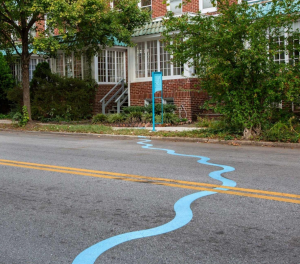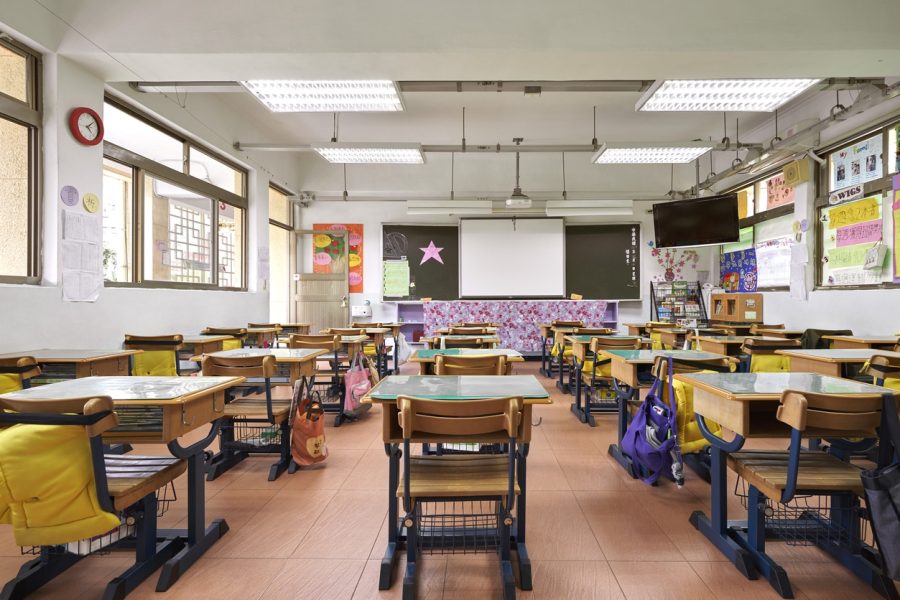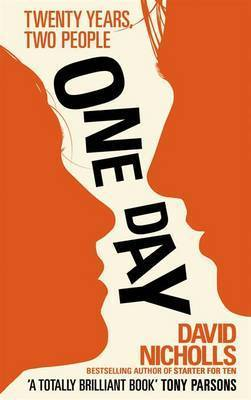Opinion: Classrooms Should Leave Their Lights Off During the School Day
I’m sure if you’re a student in high school, you’ve noticed that most teachers leave the fluorescent lights on in their classrooms. I personally think that students and teachers would benefit from turning off their lights, and instead using natural light (when possible).
Fluorescent lights have been used for decades in classrooms around the world, yet why do we still have them? Studies around the world prove that mood and focus improve when students are in an environment with natural or less harsh lighting.
Increased sunlight exposure heightens the brain’s production of serotonin- a neurotransmitter which produces healthy sleeping patterns and increases your mood. So instead of being under artificial light which has such negative effects, being in a room illuminated by sunlight might be beneficial to students.
As one can predict, increased mood in students leads to better academic performance. One study of 21,000 elementary school students found that students exposed to more sunlight during the school day had 26% higher reading outcomes and 20% higher math outcomes. This difference is very significant, especially when concerning elementary schoolers who are still in that pre-developmental stage. Any change such as natural lighting could potentially set them on a more successful path for their future.
Some may argue that turning the lights off puts students to sleep and results in them being unproductive. I agree that this can be the case in some situations, and I’m sure many teachers at Towson agree that the lights being off are optimal classroom napping conditions. The science behind this is that too dim lighting can cause difficulties in learning (brain focus, visual clarity), so obviously when there isn’t enough natural light for students, the fluorescent lights can go on.
Despite all this, ultimately it is the teacher’s decision for whether or not to turn off the lights in the classroom or use alternative lighting. Everyone has their own experiences and preferences, and it’s hard to account for that when light is a “this or that decision.”




















